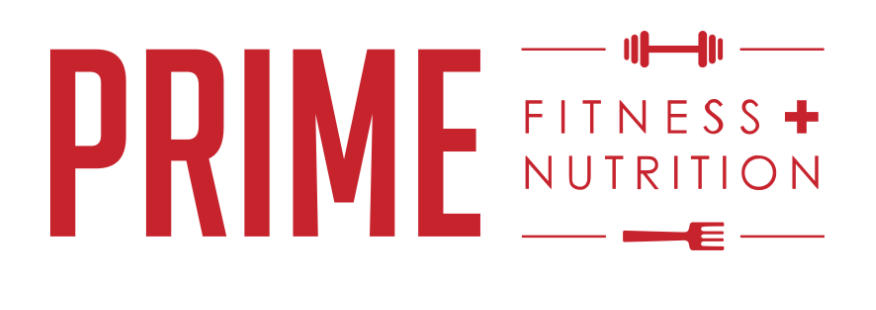Benefits of Proper Hydration
by Molly Sinkewicz
It may help you to reframe water as a vital nutrient, essential to your diet and body functions. Every major body system needs good hydration to perform at its best. If we follow the journey of water through your body, we can start to see some of the direct effects.
Water helps to break down foods, both in your mouth and in your stomach. It dissolves important nutrients and can even prevent constipation. After digestion, water is absorbed by your intestines into the bloodstream. Your kidneys are your body’s filtration system, and responsible for removing waste from your blood, and making sure your blood has the right amount of water for the perfect balance of blood volume, blood pressure, and heart rate. Your kidneys are at their best when they have lots of water to filter. When you stay properly hydrated, you’re keeping your kidneys healthy. Even as water finishes it’s journey through your body, it’s helping you. When you are properly hydrated, you’re less likely to get UTIs and other urinary issues.
Urination isn’t the only way your body loses water. When you get hot or exercise, you sweat! This sweat can add up to equal dehydration. Even mild dehydration can make it more difficult to get your workout in; proper hydration improves athletic performance, energy, and endurance. Sweating is important. You can cool your body down by sweating; the moisture on your skin provides evaporative cooling. However, this of course causes water loss. It is important to replenish your body’s water when you sweat, whether from weather or exercise. If you are too dehydrated to sweat, you can overheat. If you’re sweating a lot, drinking your water with electrolytes can replenish what you’re losing and maintain a good balance in your body.
Keeping track of how much water you’re drinking (and being aware of water loss, whether through excess sweating or increased urination) can help you maintain your hydration levels. It can be difficult to hydrate appropriately by drinking only when you feel thirsty. There are several factors that contribute to this. As you age your thirst drive decreases. You’re less likely to drink the appropriate amount. Additionally, thirst can be confused for hunger. Sometimes your body knows it wants something, but it’s difficult to differentiate whether it’s calling for junk food or a glass of water. Try a glass of water any time you’re feeling peckish to help counteract this effect. If you’re keeping track of what you drink and mindful of changing weather (drink more when it’s hot) or increased exercise (drink more when you work out), you should be able to achieve a perfectly pale yellow trio to the bathroom!
Dehydration, even mild dehydration, can cause other problems for you. Bad moods, poor concentration, and trouble with short-term memory are all possible if you aren’t drinking enough water. You may have heard of being “hangry,” but you can be “dehydrangry” too! You’re not you when you’re thirsty. You also may have experienced a dehydration headache, or even had inconsistent hydration trigger a migraine. Grab a bottle of water next time you’re feeling one of these, and see how you feel after.
How much water is enough?
There are a lot of factors that will affect this. Gender, body size, activity level, and diet will all have an impact on the volume of water needed for perfect hydration. Each person will have a different amount that makes them feel their best, and the amount will also change based on the weather and how much water they’re losing (diuretics, exercise, and other triggers for urination or sweating). Start off by tracking what you’re currently drinking, and observing the color of your urine. Generally, you want a pale yellow hue. You should also be aware of how you feel. If you drink a little more, does your energy increase? Once you have a good sense of what you need in a day, it’s easier to maintain your hydration.
What drinks count as water?
Your daily liquid intake might look something like this:
7:00 Coffee with milk
8:00 Orange juice with breakfast
9:30 Coffee with milk at work
12:30 Soda with lunch
3:00 Another coffee to fight off the 3 o’clock slump
5:00 Glass of water with dinner
7:00 Glass of wine
All together, you actually drank a good amount of liquids! If every serving is 8oz, you’ve had 56oz throughout the day. However, there wasn’t much plain water consumed today. By replacing some of your beverages with water, you can increase your hydration and reduce how much sugar, caffeine, and alcohol that you’re drinking. It’s one of the easiest ways you can kick start your weight loss goals!
Everything we eat and drink has some amount of water in it. However, plain water of course has the biggest bang-for-your-buck for hydration. If we revisit the sample water day from above, we can see that replacing things like the juice, soda, and sweetened coffee with water, herbal tea, or black coffee will easily reduce our sugar consumption for the day. Even if it’s the same volume of liquids, we’re getting a higher ratio of water plus less sugar!
More Info can be found here: https://www.ncbi.nlm.nih.gov/pmc/articles/PMC2908954/

